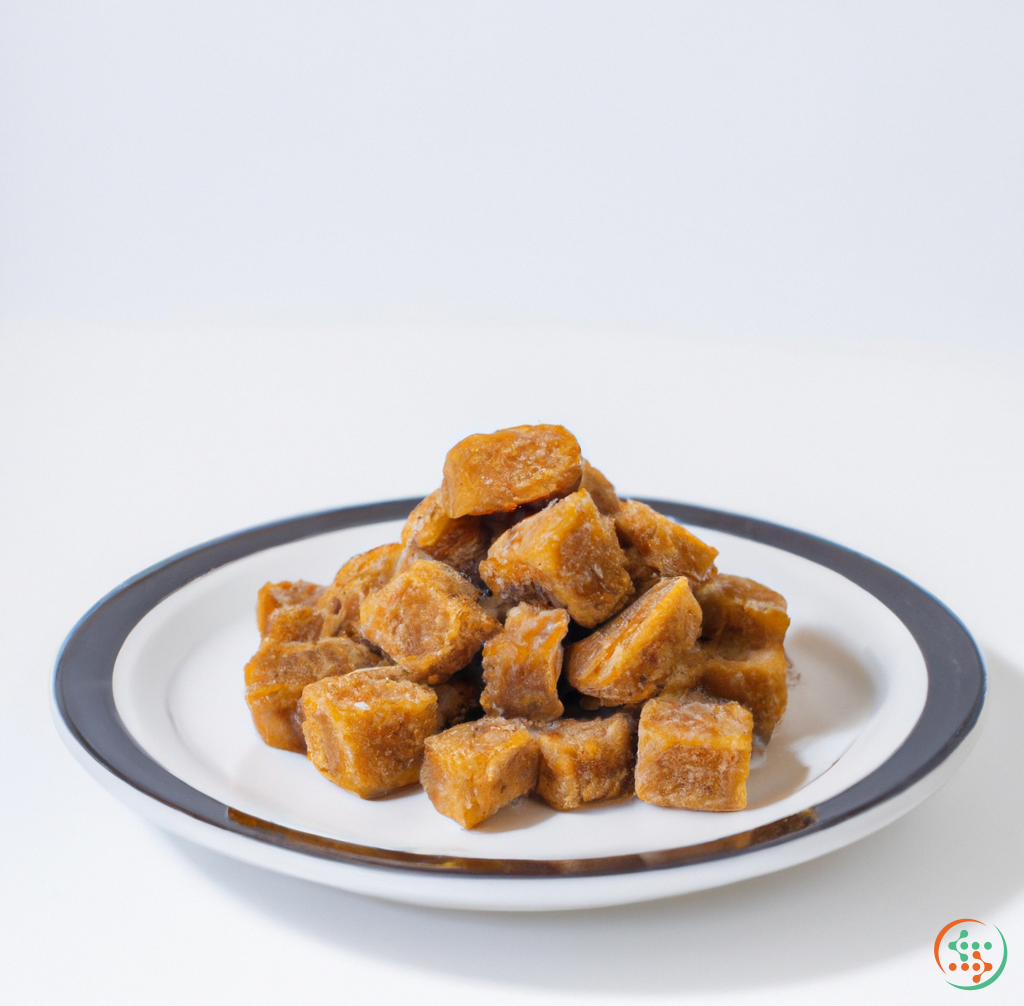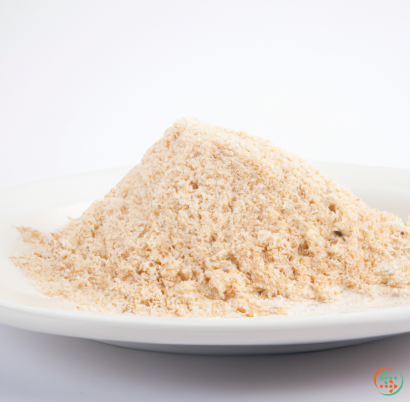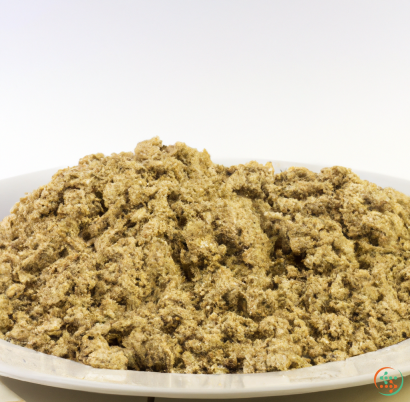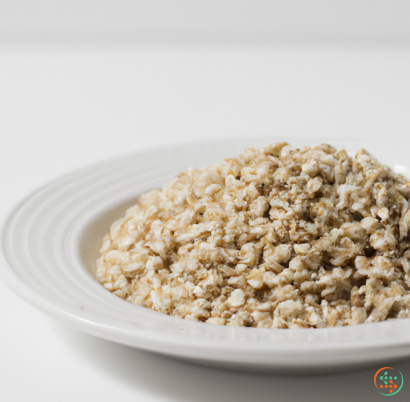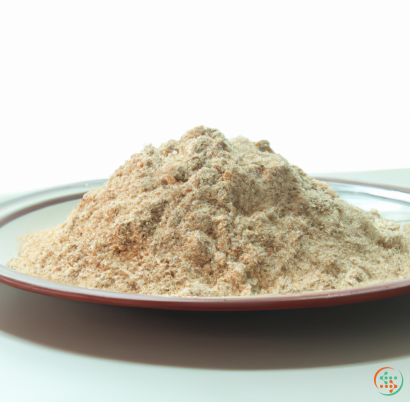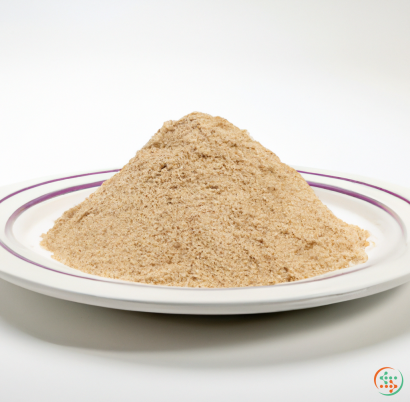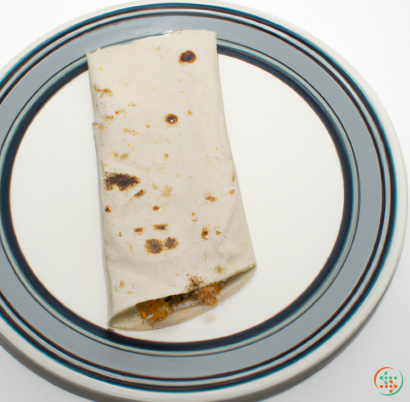Brown Sugar
and its benefits
Most of us are familiar with the classic white sugar and dark brown sugar, but have you heard of brown sugar? Brown sugar is a type of unrefined cane sugar made by combining molasses with refined white sugar crystals. It's a staple in many kitchens and is used for baking, sweetening drinks, and more. Let’s take a closer look at brown sugar and some of its benefits.
What is Brown Sugar?
Brown sugar is made by combining molasses with refined white sugar crystals. The molasses used to make brown sugar can be light or dark in color, which can lead to the light brown or dark brown colors of the sugar. Brown sugar is not as processed as white sugar and still contains some of the essential minerals and other compounds found in molasses, such as phosphorus, iron, potassium, magnesium, and calcium.
When baking, many recipes call for either light or dark brown sugar. The type of sugar used will depend on personal preference as well as the recipe, with light brown sugar resulting in a mellower flavor and less moisture than dark brown sugar. Brown sugar is also available in organic varieties, which organic farmers and processors use when making brown sugar from organic sugar cane.
Benefits of Brown Sugar
There are a few benefits of using brown sugar over refined white sugar.
1. More Flavorful
Because brown sugar is not as processed as white sugar, it has a distinct flavor and aroma that enhance the taste of baked goods and drinks. Many people enjoy the caramel-like flavor of brown sugar, especially when baking cookies and cakes.
2. Retains Moisture
The molasses content of brown sugar helps keep baked goods moist and prevent them from becoming dry and crumbly. This is especially helpful when a recipe calls for white sugar but you want to retain more moisture.
3. Unrefined
Because brown sugar contains molasses, it is considered an unrefined sugar due to the molasses content. This means that while the sugar is still refined, it still retains the essential minerals found in the molasses. This is a benefit if you are looking for a healthier alternative to white sugar.
4. Cost-Effective
Brown sugar is typically more affordable than white sugar, since it contains molasses already. This is especially beneficial if you are on a budget and need to make a lot of baked goods.
How to Use Brown Sugar
Brown sugar can be used in both sweet and savory recipes. As a sweetener, it adds sweetness and a hint of molasses flavor to coffee, tea, and other beverages. It can also be used to top muffins, scones, pancakes, and waffles. It also works great in desserts, such as cakes, cookies, and ice cream.
Brown sugar also works well in savory dishes, such as glazes for ham, sauces for ribs, and marinades for meats. It can also be used in rubs for pork, beef, and other meats, adding subtle sweetness and depth of flavor.
Conclusion
Brown sugar is a great option for baking, sweetening drinks, and more. It has a unique flavor and aroma that combines slightly sweet and smoky molasses with refined sugar crystals. It's also an unrefined sugar, so it retains some of the essential minerals and other compounds found in molasses. Plus, it's widely available and more cost-effective than refined white sugar. Whether you’re cooking savory or sweet dishes, brown sugar is a great way to add flavor and depth to your recipes.
Brown sugar is a staple ingredient in many recipes, not only adding sweetness and flavor to dishes but also providing unique textures and flavors depending on the type of brown sugar being used. This seemingly simple yet beloved sweetener has a complicated journey from its origin to our dinner plates. To better understand this process, let’s explore the origins and components of brown sugar, the methods of production, the refining process, and how it makes its way to consumers.
What is Brown Sugar?
The term "brown sugar" is used to describe any sugar crystal that is partially or completely composed of sugar that has been processed with molasses. The use of molasses gives brown sugar its distinct, golden-brown hue and its signature sweet, rich flavor. Generally, there are three types of brown sugar, based on the production method or on the amount of molasses present in the sugar: light brown sugar, dark brown sugar and muscovado sugar.
Light brown sugar is the most popular kind and is produced using commercially refined white sugar and is combined with molasses in manufacturing plants. Light brown sugar is usually the preferred choice for baking applications as the amount of molasses is low, giving it milder flavor and a lighter color.
Dark brown sugar has a higher molasses content, giving it a stronger flavor, a darker color and a moister texture than that of light brown sugar. Brown sugar has more nutrients than white sugar and it is more flavorful, making it especially suitable for recipes like barbeque sauces, baked beans and gingerbread cookies.
Muscovado sugar is the most unique variety of brown sugar and has the most intense flavor and darkest color. Muscovado sugar is unrefined, meaning it contains the highest concentration of molasses, minerals and vitamins, making it slightly healthier than other types of brown sugar.
Production of Brown Sugar
Since the eighteenth century, most modern brown sugar is produced industrially by combining white sugar and molasses. In recent decades, there have been several advances in the production method for manufacturing brown sugar. Nowadays, brown sugar is usually produced using one of three different methods.
The first method involves melting white sugar and combining it with molasses in a heated mix. Once mixed, the product can be cooled and the brown sugar crystals can be separated from the liquid before the liquid is removed to produce large crystals. These large crystals are then ground in an industrial grinding machine to create smaller crystals with the desired texture and moisture level.
The second method usually involves dissolving white sugar in water and then introducing different kinds of acid to the mix; cane molasses is then added to the solution. The mixture is then heated and the product is again cooled and any liquid is removed. After this step, the large brown sugar crystals can then be ground to achieve the ideal texture and moisture level.
The third method is the most complex process and is often used to produce the finest grades of brown sugar. This method involves melting the refined white sugar and introducing several chemical compounds to the mix. The sugar is then cooled and allowed to crystallize and the crystals are separated from the liquid. The sugar is then washed with warm water to remove any remaining molasses. Finally, the sugar is passed through several grinders and sieves to produce the ideal level of texture and moisture.
Refining Brown Sugar
Once the desired type of brown sugar has been produced, it needs to be further refined before being packaged for commercial sale. Refining typically involves removing any impurities and undesirable particles in the sugar crystals as well as slipping its texture to achieve the ideal level of softness. This is achieved by passing the sugar through a series of refining machines that sift out impurities, as well as through special sieves that separate out any large sugar grains.
The Sugar Journey from the Plantation to Consumers
After production and refining, the sugar is ready to make its journey from the factory to its point of sale. Most of this journey is performed by means of large ships, trains or trucks, depending on the shipping time and price. When the sugar arrives at its point of sale, it can finally make its way to end consumers, who will use it for a variety of different applications.
Conclusion
Brown sugar is an essential ingredient that can add complexity to many recipes, with its light or dark color and its sweet and rich flavor. Its journey from from its origin to our dinner plates is full of complexity, involving the production and refining of the different types of brown sugar, followed by its transportation to its point of sale. By understanding this process, we can appreciate this delicately sweet and versatile ingredient even more.
| Vitamin B3 | 0.11 mg | |
| Vitamin B4 | 0.0023 grams | |
| Vitamin B5 | 0.13 mg | |
| Vitamin B6 | 0.04 mg | |
| Vitamin B9 | 0.001 mg |
| Calcium | 0.083 grams |
Daily Value 1.3 g
|
| Iron | 0.71 mg |
Daily Value 0.018 g
|
| Magnesium | 0.009 grams |
Daily Value 0.4 g
|
| Phosphorus | 0.004 grams |
Daily Value 1.25 g
|
| Potassium | 0.133 grams |
Daily Value 4.7 g
|
| Sodium | 0.028 grams |
Daily Value 2.3 g
|
| Zinc | 0.03 mg |
Daily Value 0.011 g
|
| Copper | 0.05 mg |
Daily Value 0.9 mg
|
| Manganese | 0.06 mg |
Daily Value 0.0023 g
|
| Selenium | 0.0012 mg |
Daily Value 0.055 mg
|
| Glucose | 1.35 grams |
|
| Fructose | 1.11 grams |
|
| Sucrose | 94.56 grams |
|
| Total Sugars | 97 grams |
per 100g
|
